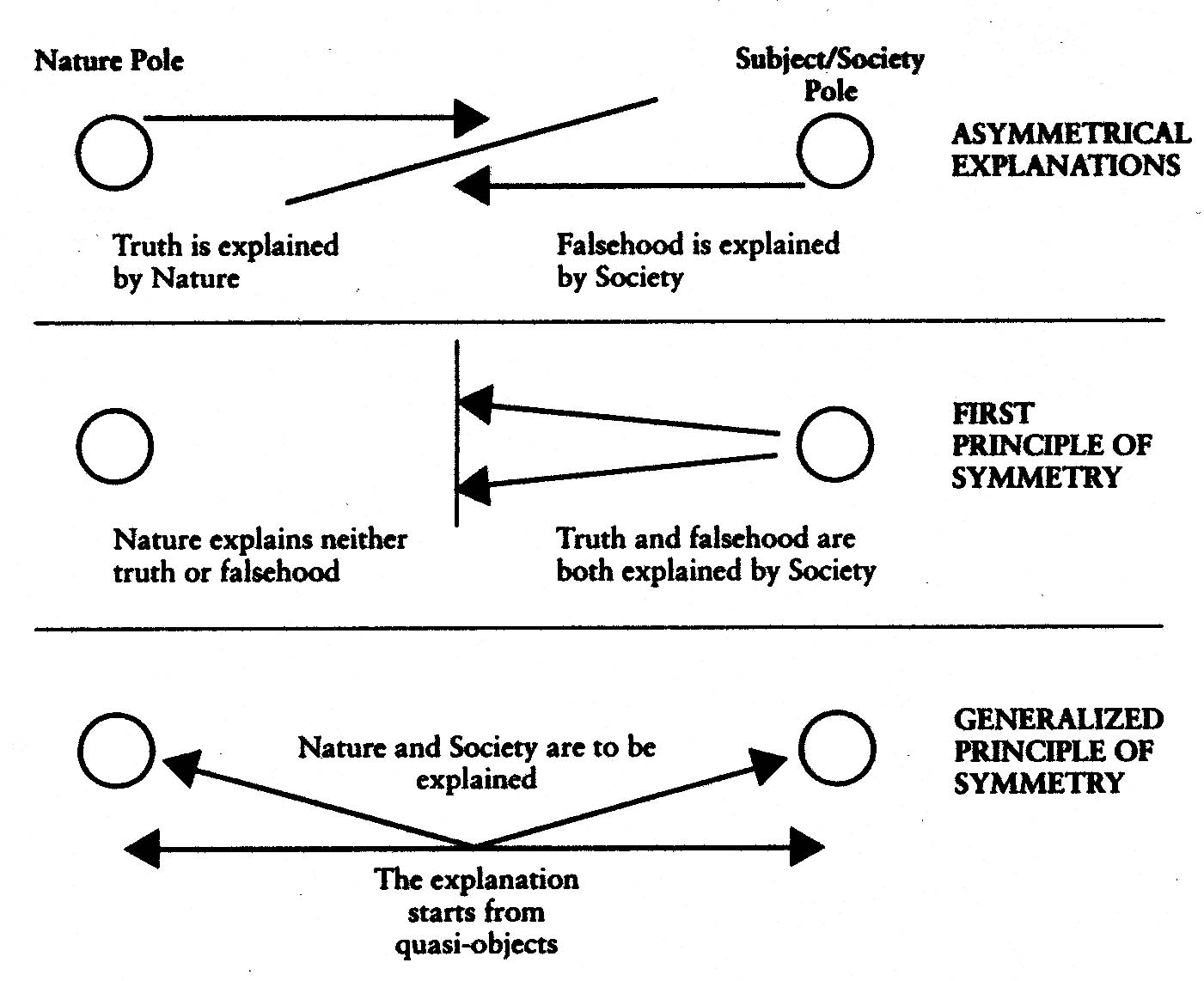Fall '07 - Who makes sense of developments in science and technology?
This fall the seminar will delve deeply into readings from scholars interpreting science and technology (S&T) in their social context. Of special interest for our interdisciplinary discussion is whether these scholars formulate perspectives unavailable to, or underdeveloped by, scientists, and, on this basis, can make contributions valued by scientists to discussions about developments in S&T. The provisional starting point will be chapters from Peter Taylor's Unruly Complexity: Ecology, Interpretation, Engagement, from which we will branch out to other authors and into areas that might include theories about theories, metaphors in science, heterogeneous complexity, reflexivity, the nature of practice, actor-network theory, concept mapping, agency, social responsibility of scientists, citizen science,... and much more.
Depending on the interests of participants the areas to discuss and the overall theme of the seminar can be pulled in many directions. We look forward to the cross-disciplinary links, new friendships, and actions that grow out of the seminar discussions.
*This semester we welcome graduate students to join us.

B. Latour, 1993, We Have Never Been Modern